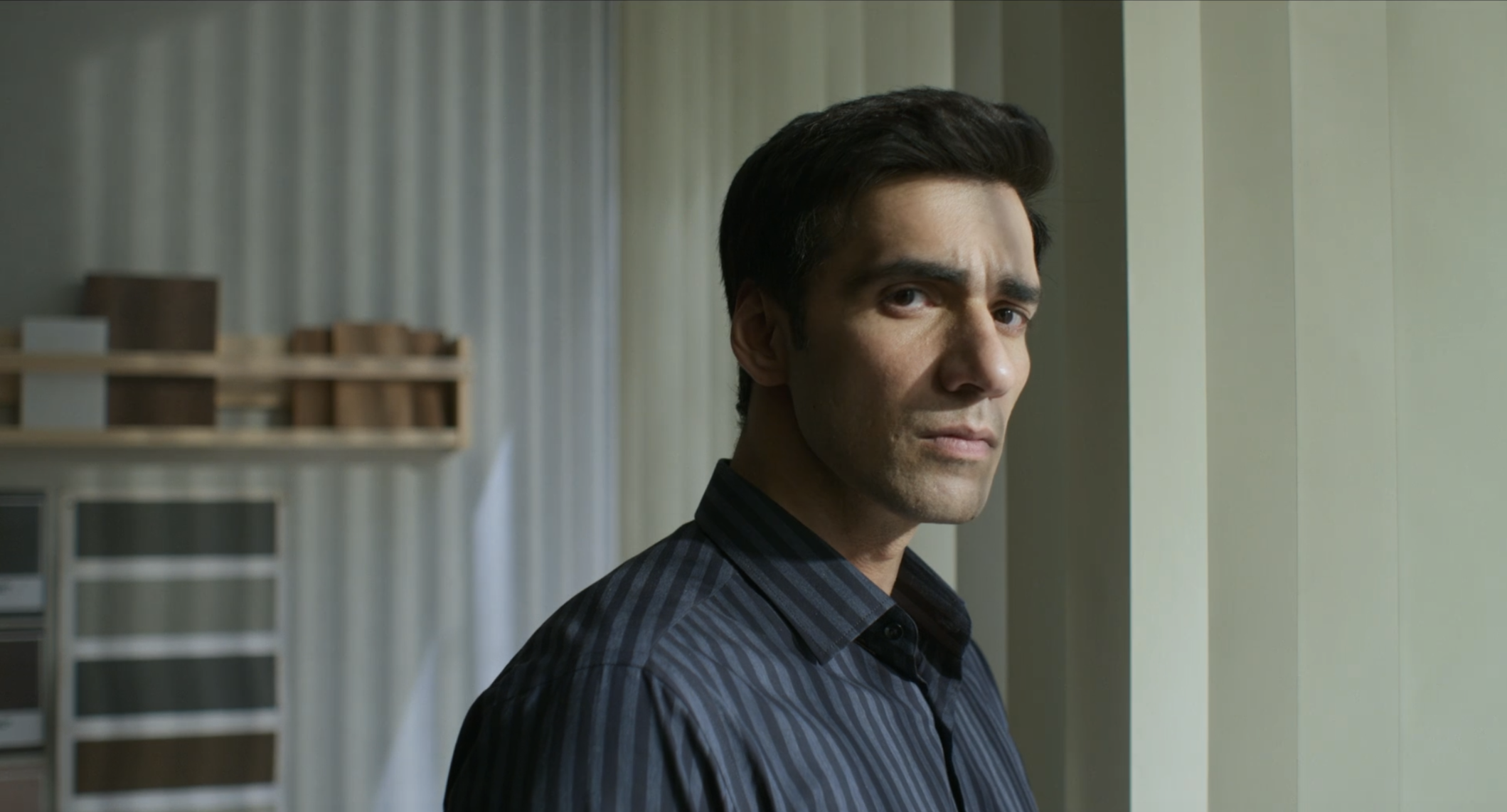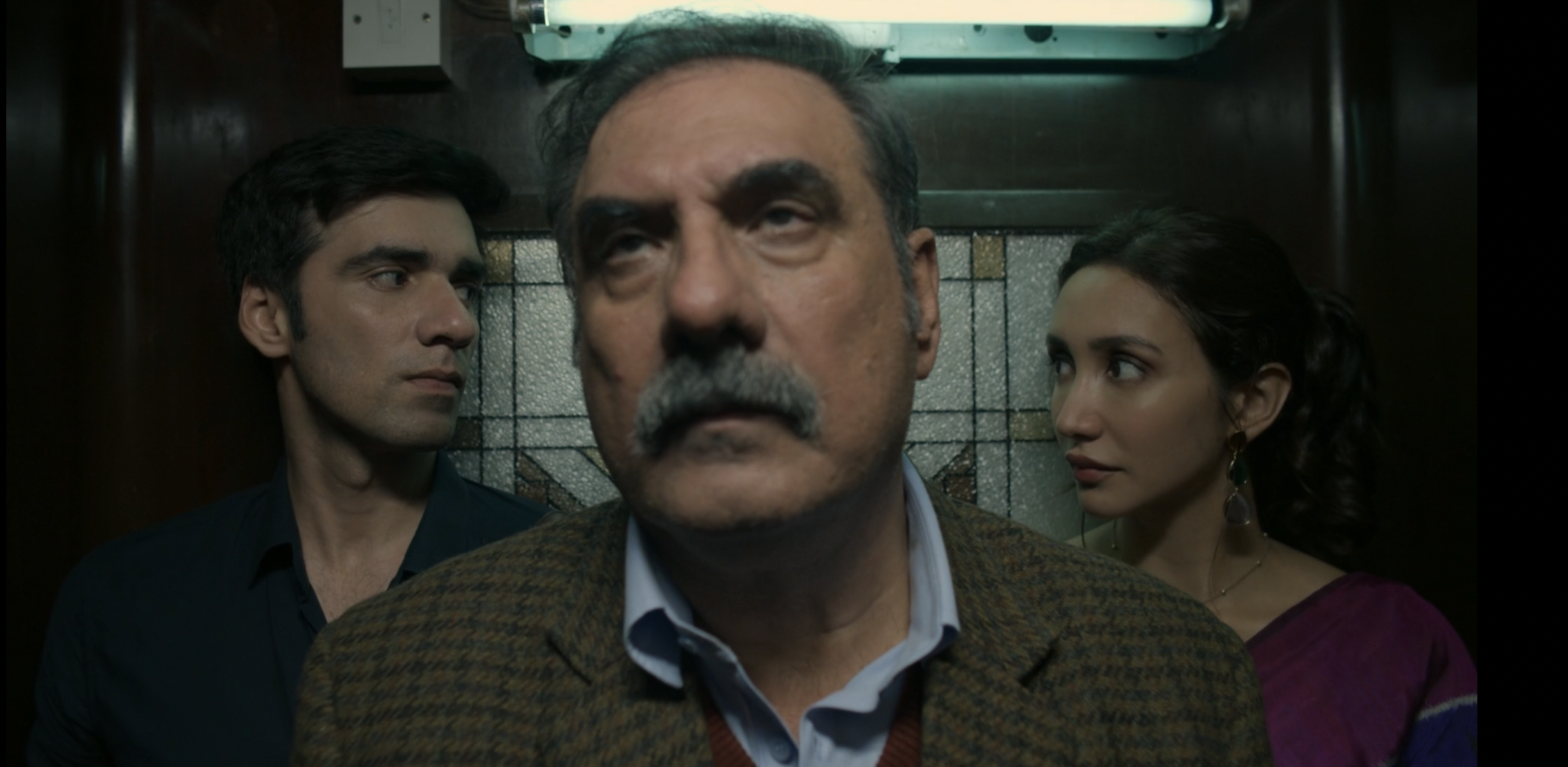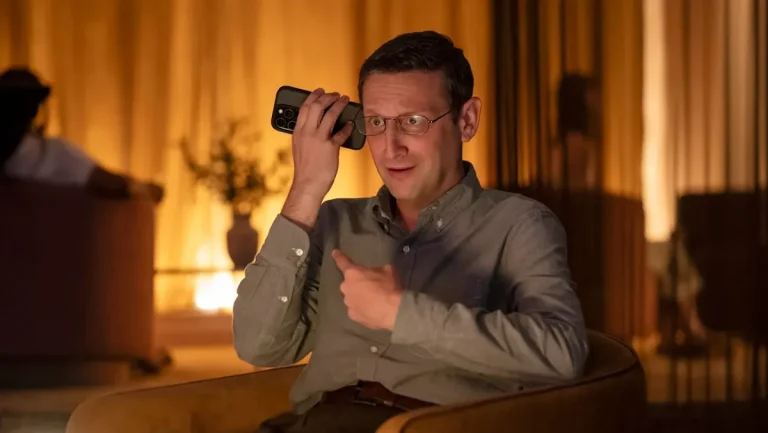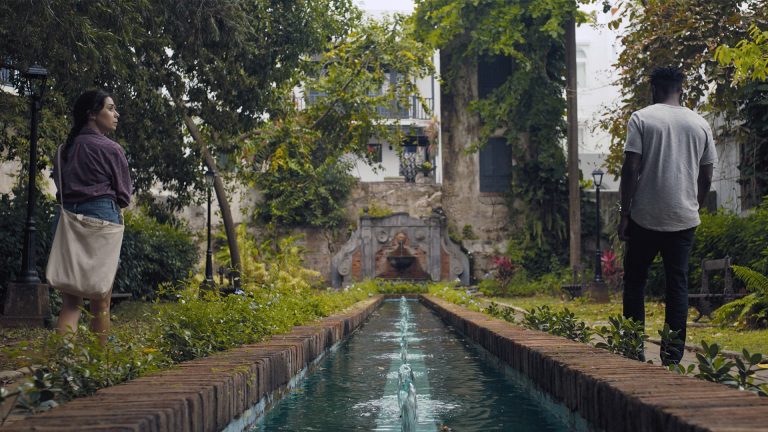It is perhaps a bug of mine as a critic that I always try to look at a film from a holistic approach, rather than be buoyed by the central moments that serve to either encapsulate the entire emotionality of a film or serve as a cornerstone of that film’s existence. It definitely invites my prying eyes to dissect a film far more ruthlessly than perhaps required.
But perhaps ruthlessness itself stems from expectations. Conversational films within a set time frame, allowing one to delve deeply into the complicated dynamics of Indian parents and their children, always provide catnip for viewers. It could lack novelty, but there is always a certain kernel of relatability. And the tonality of the film could either play on that relatability in broad strokes or in subtlety.

The expectation from this Boma Irani directorial, if such a thing needs to be addressed, is a subtle treatment throughout its runtime. After all, as “Mehta Boys” (2024) begins, and from the framing, the light touch of colors and brightness, as well as the use of single takes in some sequences, it definitely evokes the vision of a director clearly trying to experiment visually within the contours of the ambition the script actually provides. After all vibrant experimentation could easily backfire, especially when you have powerful actors like Avinash Tiwary as Amay and Irani himself as his father Shiv to fall back on, as well as the indomitable Suja Sarup, torn between the two egos and holding onto dear life as a frayed nerve ending holding the family together after the death of her mother.
Also Read: The 21 Best Movies You Can Watch On Amazon Prime Video Right Now
Considering Irani’s prioritized profession as an actor, it really isn’t surprising his propensity to give actors more real estate to monologue or eulogize, or have banter and crash out between the acerbic dynamic of father and son. The definition of manhood is the methodology prevalent in one generation always on the verge of being rendered obsolete as the new generation steps in, or of Amay’s stasis in his work life being jostled by the personal dynamic with his father affecting his professional capacity. It’s interesting because that jostling is never given too much attention, but rather is allowed to breathe.
But again expectations scar the overall experience. The subtler treatment soon gives way to melodrama, albeit much restrained. Comedic moments, where time-lapse is depicted by the bucket of water filling up due to the leaky ceiling at Amay’s apartment, get infused with tragedy and heightened melodrama when the confrontation boils over, an accident occurs, and then the father and son come to blows. Silliness from the point of view of a bystander looked through a sympathetic lens as a process to work things out between two different generations, threatens to be an actual farce or be drowned in melancholic violin strings.

This is only exacerbated by the subplot of Amay’s professional life as an architect going absolutely nowhere, due to the stasis caused by a drought of confidence and allowing his creativity to fly loose from being stifled. The entire perspective would be to show how the relationship with his father would actually contribute to his professional growth, but that feels barely impactful. The final thematic underpinning through Amay’s new architectural design is to balance out the “old and the new”, or to adjust and find creative ways to move forward. It is unclear, except on its surface – the regaining of confidence and maturity of Amay as a character. That surface-level exploration is the most disappointing part of a film like “The Mehta Boys.”
The inconsistencies within its script only brighten the flaws of the film. If relatability is the bare minimum, then “The Mehta Boys” had already won half the battle, because contentious relationships between Indian parents and their adult children are sure to strike a chord even at their bare minimum. But it’s the rest of the battle – to craft an individual unique tale – where “The Mehta Boys” stumble. It demystified the Mumbai yuppie experience and soared in poignant moments due to the performances, but the overall film is rather inconsistent, though not entirely without its merits.





![Mard Ko Dard Nahi Hota Netflix [2019] Review – A Stylish yet inertly dull action spectacle](https://79468c92.delivery.rocketcdn.me/wp-content/uploads/2019/05/Mard-Ko-Dard-Nahi-Hota-Netflix-768x485.jpg)

![Trust [2021] Review: A formulaic infidelity tale about rich, white Americans](https://79468c92.delivery.rocketcdn.me/wp-content/uploads/2021/07/Trust-1-highonfilms-768x512.jpg)

